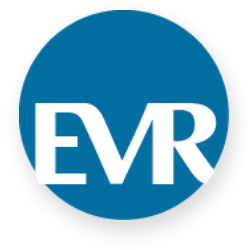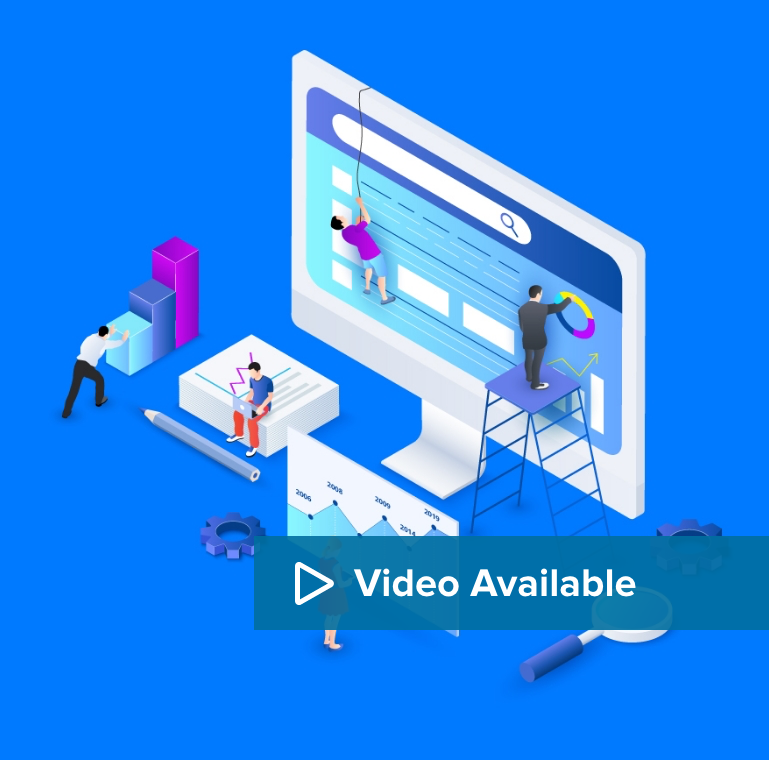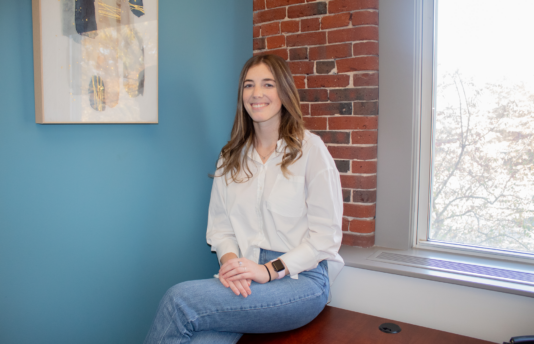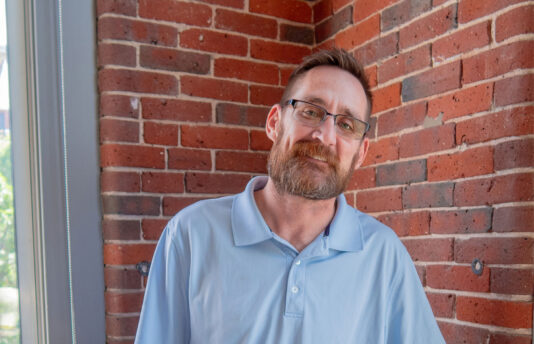Many pieces go into the marketing strategy of a senior living community, but one of the most important—and often overlooked—pieces is search engine optimization (SEO).
At its core, the concept is quite simple: SEO is all about making your page as visible as possible so people can find your website when searching for senior living services, amenities and contract types.
A Quick SEO Primer
First, a look at how SEO works:
Your website is like a book in a library. In the old days, you would go to a card catalog to look up the location of the book you were searching for. But what if there was no card for the right book? There was no way you could find it.
Today, we use the Internet to look up books and everything else, including answers and solutions to our everyday issues. But how do people find your website on the ever-expanding World Wide Web?
First, search engines (think Google, Bing and others) use bots (aka spiders and crawlers) to go to sites, crawl pages and index them (think back to the card catalog).
How the pages are indexed depends on various factors or signals determining where pages should appear on search engine results pages (SERPs) for specific queries. So, when you enter a search query, the search engine uses extremely complex algorithms to find the most relevant results for the query.
There are more than 5 billion searches per day on Google. So how can you stand out in such a crowded space? The answer is SEO.
SEO for Senior Living
Optimization aims to get your senior living community website as high on a SERP as possible, preferably on the first page. That’s because 67.60% of all clicks are on the first five organic results on a SERP. Only 3.73% of clicks are on the sixth to tenth spots.
So, what does website optimization entail? There are two parts to SEO best practices:
- On-page SEO
- Off-page SEO
On-page SEO includes optimizing headlines, titles, meta descriptions and image tags and making navigation user friendly.
Each page of your website should have a focus keyword and be optimized for search engines so they can understand what the page (and overall website) is about.
For instance, a page about Assisted Living should include keywords people may search for, such as “what is assisted living” or “assisted living near me.”
The keyword should be in the page title and, if possible, in the permalink. In addition, it should be in the meta description that tells people what the page is about in search engine results.
On-page SEO also encompasses your content, which should be accurate, reliable and authoritative. So, focus on high-quality, useful content that answers searchers’ questions or addresses their needs. That includes, among other things:
- Advice
- Information on contract types
- FAQ
- Floor plans
- Pricing
- Blogs
- News
- Comparisons
- Testimonials
- Local information
Content Throughout the Funnel
Blogs are great ways to include content and keywords; after all, each blog page is a new page of SEO content.
Your content should be valuable: It should answer questions, provide useful information and educate potential residents. You should have different content to address the three general phases of the buyer’s journey. Here are some examples:
Top of Funnel: At this stage, people are just becoming aware of a need or problem, so they are doing general research. A query may be, “How do I know when my parent needs help at home?” Your community should provide helpful content for people in this stage, such as “10 Signs Your Parent Needs a Senior Living Community” or “Preventing Caregiver Burnout.”
Middle of Funnel: This is the consideration stage. People have identified a problem and are looking for solutions. A query may be, “What should I look for in senior living communities?” You may want to direct people to testimonials and virtual property tours at this stage. Your content may include “10 Hacks for Downsizing” or a senior community visit checklist.
Bottom of the Funnel: This is the decision stage and where you want to close the sale. Prospects may be researching pricing, amenities and programs. Your content should include information that pushes your community to the forefront, including pricing comparison guides, bonus offers and reviews.
Whatever blog content you have, however, keep it updated—especially if there have been changes to any information. Outdated content doesn’t reflect well on your brand.
News Stories
News stories are also great ways to keep people informed and add more keywords to the mix. For instance, if you’ve been named a top senior living community in the country by U.S. News & World Report, you should include a story about it on your site. It could come up when someone in your state is looking for “best-rated senior communities near me.”
Finally, ensure your name, address, phone and email address are on every page of your site, as people will arrive on your page from many places other than the home page. The contact information should always be highly visible to lessen friction on the user.
Off-page SEO happens outside of your website and plays a role in the relevance and authority of your site. Authority equals trust, so off-page SEO cannot be overlooked.
And good off-page SEO is a factor in your ranking on a SERP.
The main component of SEO is backlinks:
- Organic links—These are the equivalent of earned media in that they are unpaid links to your website and come unsolicited. For instance, a blogger may link to your site because they like your brand, or a magazine article may link to your website when talking about top senior living communities.
- Link building—Deliberate link building includes requesting backlinks from relevant and trustworthy influencers. That could be senior bloggers, local medical experts or local luminaries, or even someone within your community who has a platform where they can help spread the word. When requesting backlinks, be sure the site linking to you is credible and trustworthy because bad, low-quality backlinks can hurt your authority.
- Paid links—Tread carefully. You may end up with many backlinks, but they could be poor quality, hurting your ranking rather than helping.
Organic vs. Paid
When brands use pay-per-click (PPC) advertising, otherwise known as paid search, they pay to run ads that will help get their brand to the top of a SERP. If you’ve looked at a SERP, you’ve seen how the paid results are labeled “ad” or “sponsored” and listed first on the page. That’s the result of paid search ads.
PPC can get you results quickly, but when your budget runs out, not only is your brand gone from the search engine results page, but your competitor is likely in your place.
That’s where SEO comes in. SEO is organic or unpaid. So when you look at a SERP, you’ll see the organic listings follow the paid results; the most highly ranked organic results stem from good SEO.
But the difference between PPC and SEO is more than paid and unpaid. SEO is “always on” and isn’t dependent on your budget. While it takes much longer to rank organically (potentially months), once you do, it’s hard to get knocked down if you maintain your best practices.
SEO Is an Ongoing Process
SEO arguably takes more time than PPC, but it can be less expensive, considering its longevity. But SEO is never done; you must continually work to optimize your site. That includes adding and refreshing content, deleting outdated content (and ensuring you have 404 “not found” and redirects set up), and keeping up on trending keywords.
The important thing to know is that there’s no one-size-fits-all approach to SEO. Just as every business is different, every brand’s SEO needs are different. Websites differ in content and keywords and have different target audiences with different search behaviors.
As a senior living community, tackling SEO on your own can be overwhelming. You may want to work with a consultant to create a strategic plan that gives your community the best chance of ranking high on search engine results pages and resonating with your ideal resident prospect.
Beware of anyone who takes a cookie-cutter approach to search engine optimization. SEO is not a one-size-fits-all process, nor should it be. It takes time and dedication to not only craft, but also upkeep, a successful approach.: To stand apart from the rest of the field, you must do things differently, which means tailoring everything on your website to your unique value proposition and your audience’s specific wants and needs.











